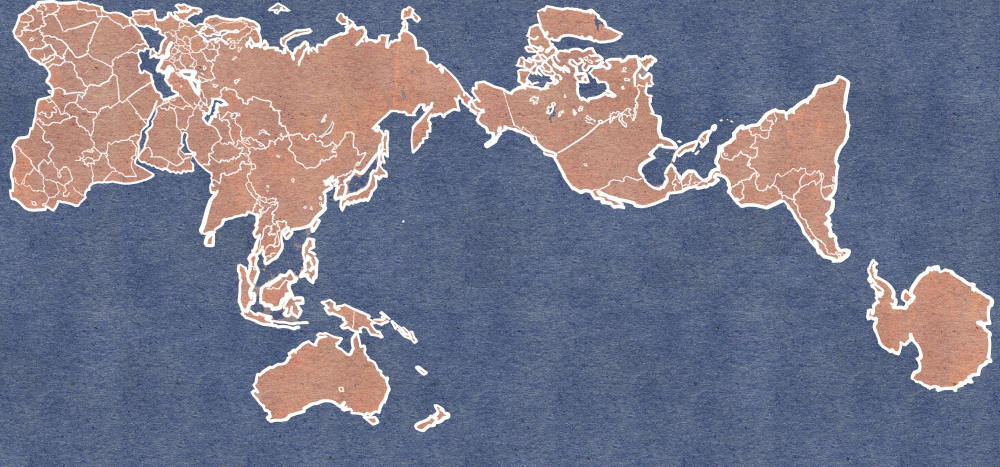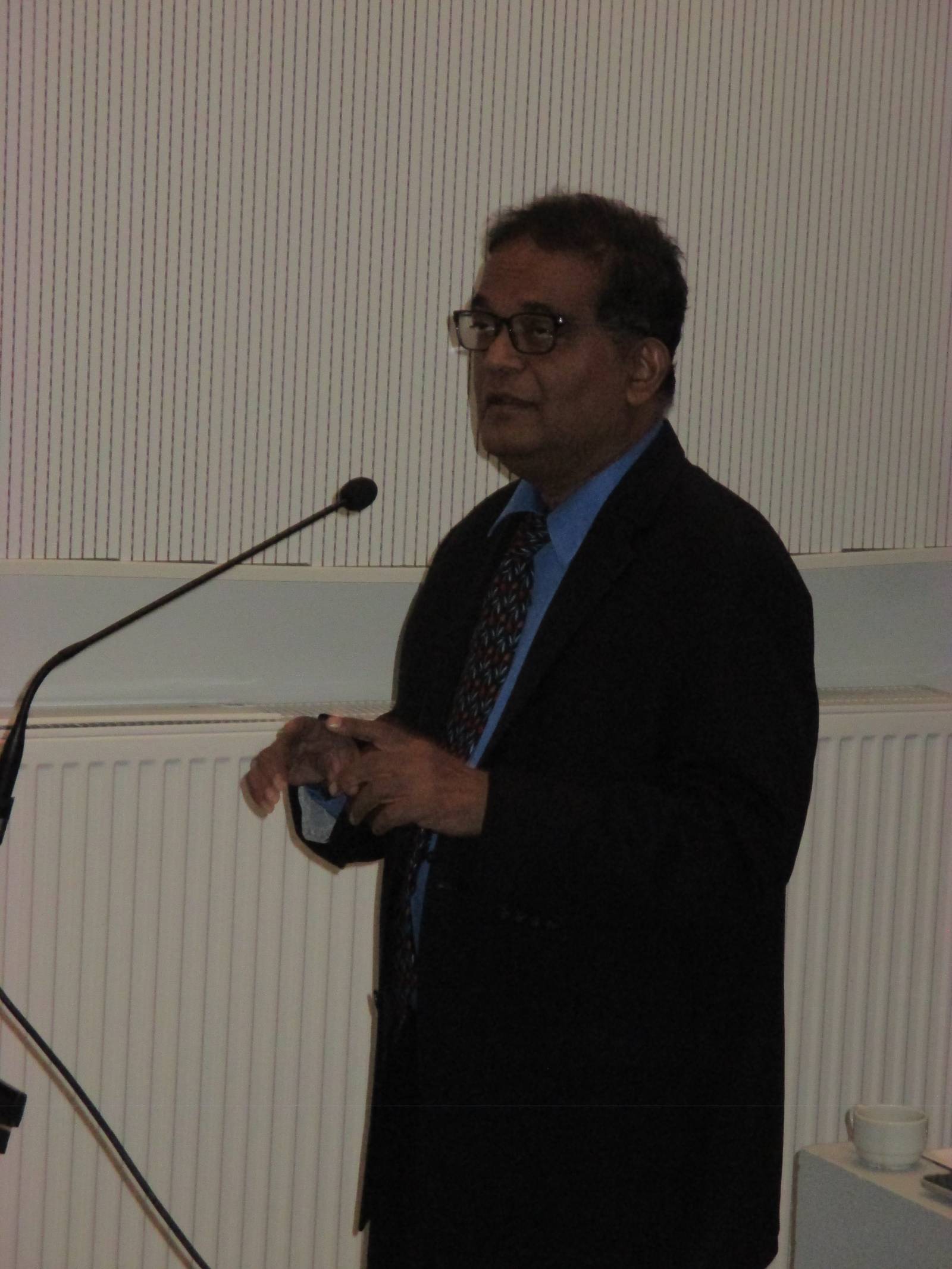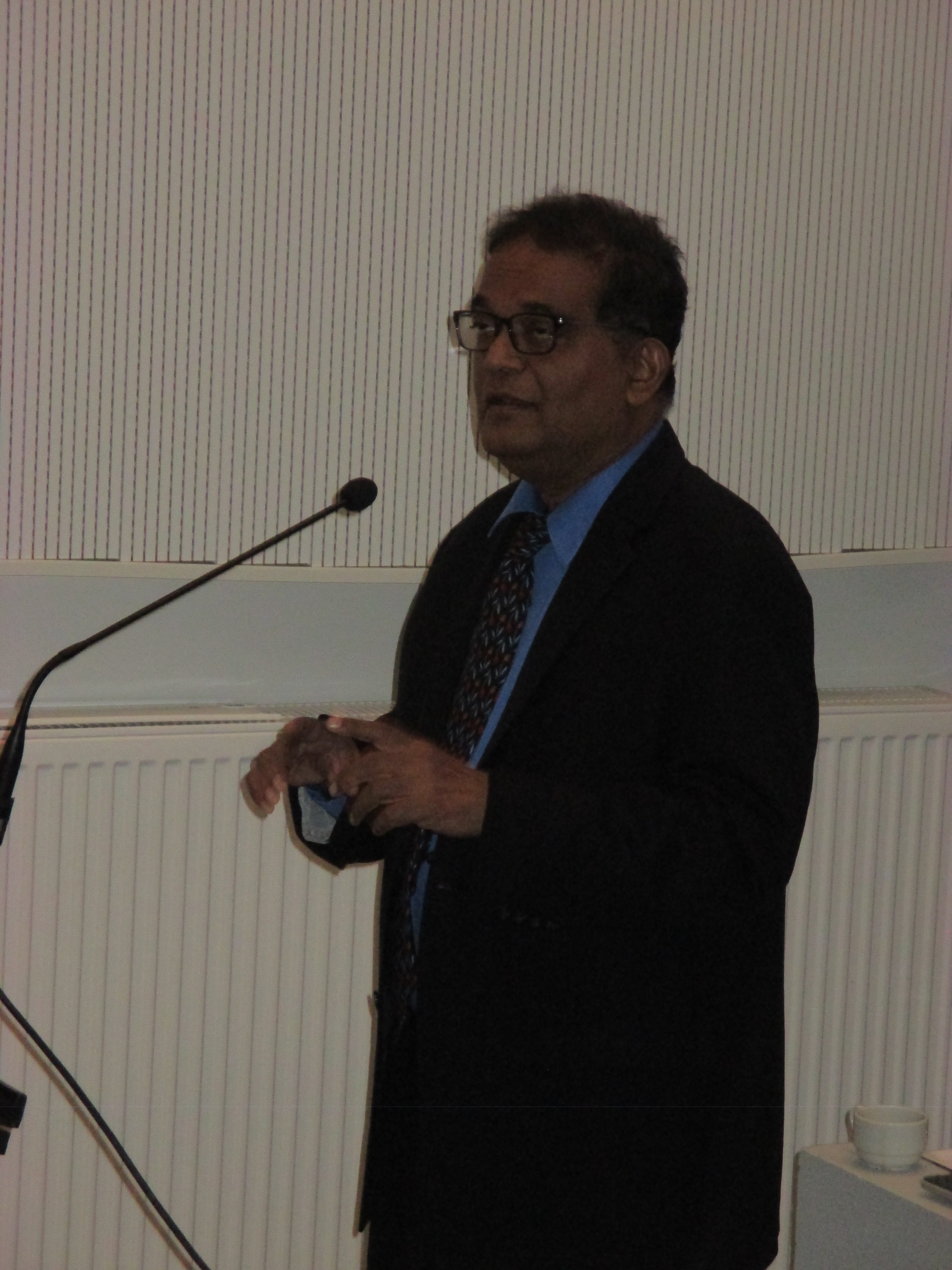Professor of International Relations at the School of International Service (American University) Amitav Acharya lecturing in the University of Tampere in 13th of September 2018.
Professor Acharya gave his keynote lecture in the conference Regional Challenges to Multilateralism organized by the project “Regional Challenges to Multilateralism” (2017-2020), funded by the KONE foundation and hosted by TAPRI (Tampere Peace Research Institute).
Watch the keynote lecture from here
This international conference was about regional and intra-regional challenges to multilateralism and global governance. Papers that study the on-going changes in the regional, intra-regional, and global dynamics of cooperation were invited. This broad theme was not supposed to be analysed through the perspectives of politics, economics, law, or cultural studies. Nor was it understood solely within the ramifications of Anglo-American political philosophy and IR that is dominated by foreign policy interests of some great powers. Instead, pluralist perspectives and multidisciplinary research is necessary to study and evaluate the nature and implications of the ongoing changes at the regional, intra-regional, and global levels. The conference was thus based on the realization that in the post-hegemonic world the formation of regions and the process of globalization might be disconnected from the orbit of the US.
European integration is a classic example of the former dynamics between regionalism and multilateralism. It was launched as an integral part of the Marshall plan to rebuild Europe. The Marshall plan was one key element of the post-war construction of the international order, accompanied by founding of multilateral financial institutions and the (failed) attempt to launch an International Trade Organization. US influence in both regional and multilateral processes was thus direct and strong ensuring institutional conformity on both levels. As European integration grew deeper and broader the Union itself became an active agent in multilateral institutions. Together with the US, Canada, and Japan, the EU promoted the deepening and broadening of economic integration at the multilateral institutions. Thus, the case of European regionalism evidences US hegemony as a decisive feature of the 20th century dynamics between regionalism and multilateralism. In 21st century the rise of Asia in general and China in particular have changed this basic setting. Plurality of power and worldviews has replaced US hegemony.



